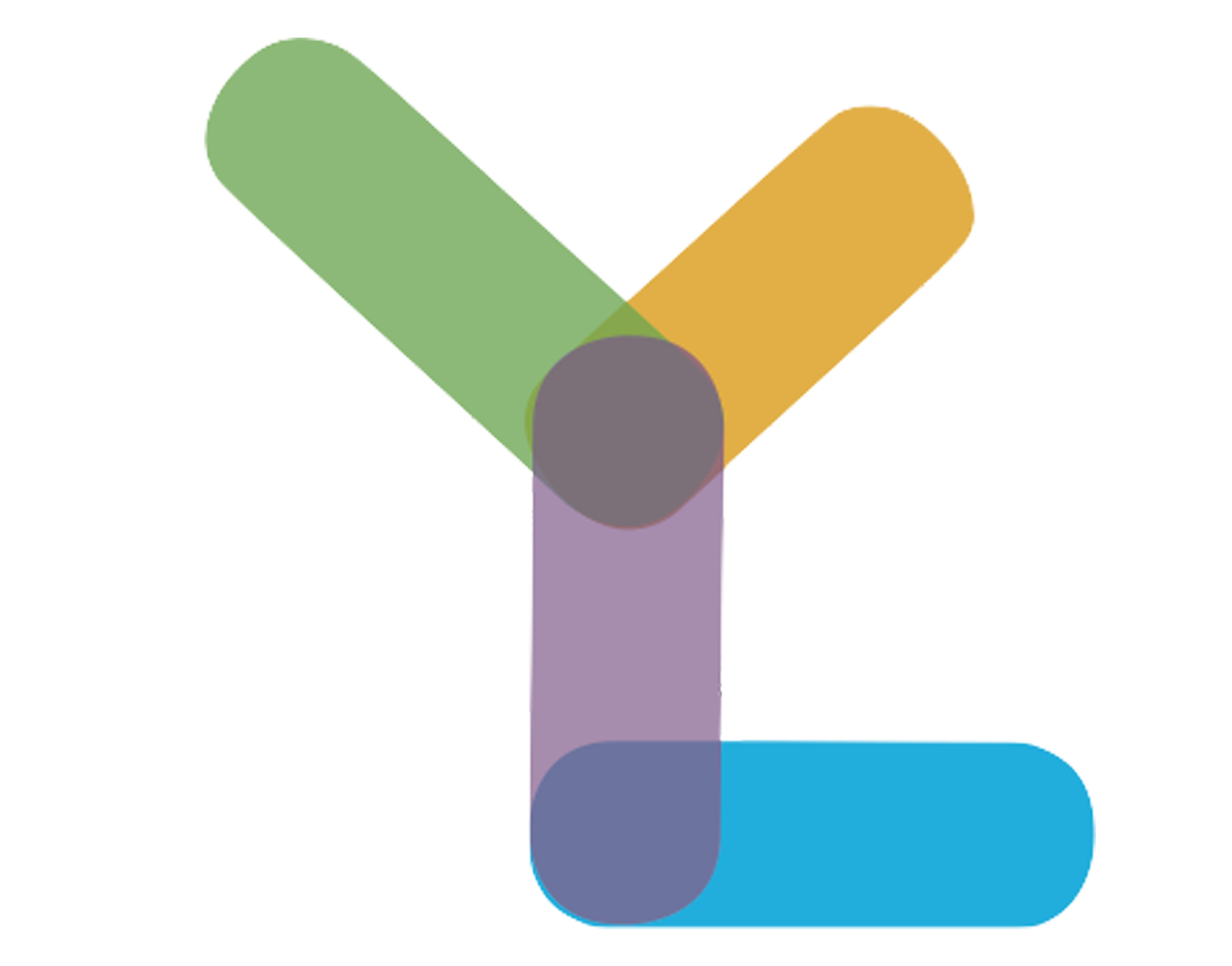Community Activator Series: Amie Charlie
Amie Charlie was born and raised in Inuvik, Northwest Territories. She is the oldest of three girls and is a member of the Gwitch’in and Kaska First Nations. She recently graduated from Trinity Western University with a BA in International Development. Amie is passionate about building community, sustainable business, and advocating for Indigenous rights. Over the years Amie has worked with various non-profits, and organizations, and has recently launched her own non-profit, Arctic Youth Development Agency (AYDA), that has a long-term holistic approach when it comes to supporting and empowering youth in the Arctic. Amie is currently learning more of the Gwitch’in language, and is planning on returning to school for her Masters in counselling.
How do you think Traditional Knowledge can help address climate change?
Amie: Traditional Knowledge presents an excellent foundation for developing adaptation and resource management strategies in response to changes in the environment and other forms of climate change. This knowledge is a great tool that we can use to develop and understand adaptation strategies that would be a lot more cost-effective and sustainable for our communities and nations.
Meaningful dialogue and collaboration with Indigenous people will bridge the gap between Traditional Knowledge and climate/western science. That is why this program is so important! Traditional Knowledge is just as valid as climate science, if not more so. Indigenous people are excellent interpreters of changes to their environment, as they have been able to see firsthand the cause and effects of climate change. Our elders are our greatest resources, as they hold so much wisdom and knowledge. We need to work together to produce policies that are stronger, comprehensive, and effective to implement.
What made you interested in FXC?
Amie: I was interested in this program because of its ability to create space to have meaningful dialogue between northerners and southerners in relation to climate policy and Indigenous knowledge. While growing up, and now living in the Arctic again, I have been able to witness first hand the effects of climate change. Northerners have been talking about climate change long before it was a hot topic in the media, as we have been able to witness the negative effects of climate change in our environment (i.e., permafrost slumping, warmer temps). The Arctic is such a fragile ecosystem, and as Indigenous people to this land, we need to stand up and fight for our climate in order to secure our lands and waters for future generations. It’s not just about us. It’s for our children and our children’s children. Every action that we take needs to have this in mind. By using the wisdom from our ancestors, I believe that we can implement new policies that will help us build a clean and stronger future. What is happening in the north is just a preview to what will eventually happen in the south. We don’t have years to do this, time is of the essence and we need to act now.
This program reminded me of the importance of climate action and doing work that is meaningful. AYDA is planning to blend their climate programming with their on-the-land programming to create space that will allow youth the opportunity to connect to themselves, the land, and each other. Youth will be given the chance to learn more about traditional skills, environmental stewardship, climate policy, Indigenous knowledge, and science. Not everyone has the ability to go out on the land, that is why it’s so important to make it possible for youth to experience it. By connecting back to the land, the youth will be able to heal and become stronger, so that they in turn can be better leaders and stewards of their environment.
What does climate action look like to you?
Amie: On a personal level, climate action looks like being more intentional with my purchases and lifestyle (i.e. limiting light use, buying ethical and sustainable items, and choosing to buy local as much as possible). One practical step that various levels of government can do is to ban single use plastic bags. A couple of years ago while visiting Rwanda, I was able to see the positive benefit that a single use plastic ban can bring to the community and environment. While traveling throughout the country, I was amazed at how clean the environment was, and the deep respect that the people show for their land, something that Indigenous people in Canada have in common. In Rwanda, they practice "Umuganda," a community cleanup held on the last Saturday of every month. It's one reason that Rwanda is renowned in Africa for its cleanliness (the country was one of the cleanest places I’ve ever visited). Umuganda is a great way for Canada to practice environmental stewardship. It’s one thing to talk about climate change, it’s another thing to take action.
Amie’s Project
Amie hosted a Climate Chat bringing elders, youth and community members together to discuss climate change in Inuvik and how to take action as a community. Her objective was for participants to leave feeling more connected, supported and hopeful about the fight for Indigenous rights and climate action. Through this event, the importance of building relationships and connecting to the land and each other was evident. Partnerships were made and participants left with a very strong desire to continue building community through relationships.
We are so fortunate to work with Amie and see her leadership in action. We look forward to her ongoing success in empowering youth in the Arctic.


